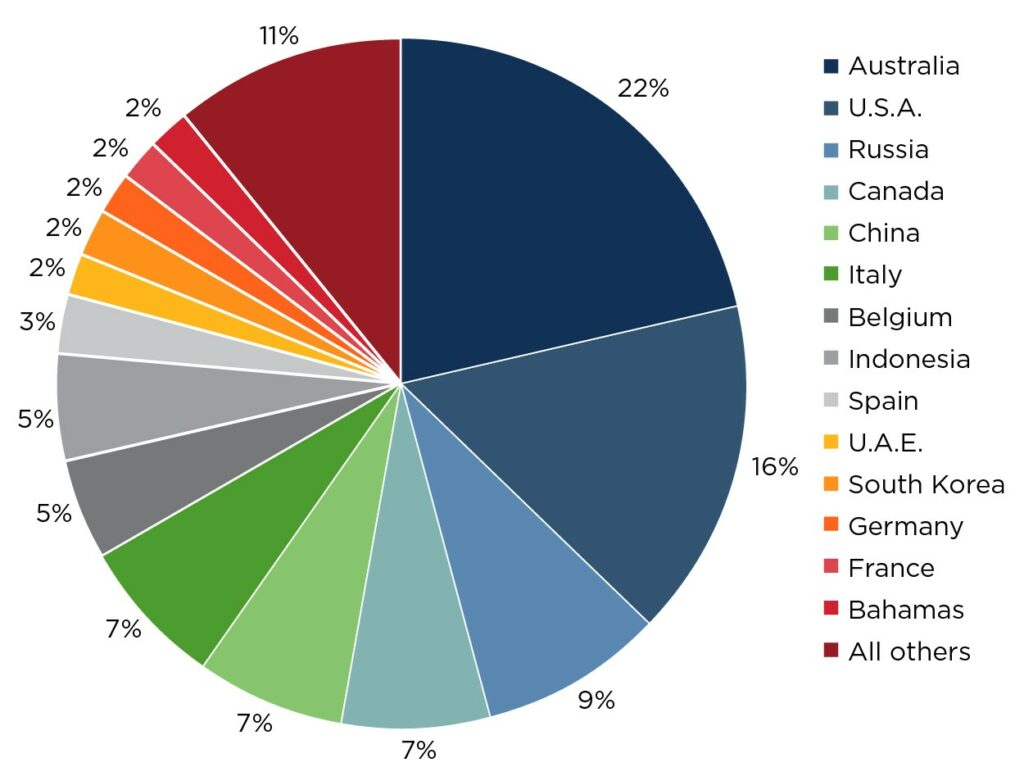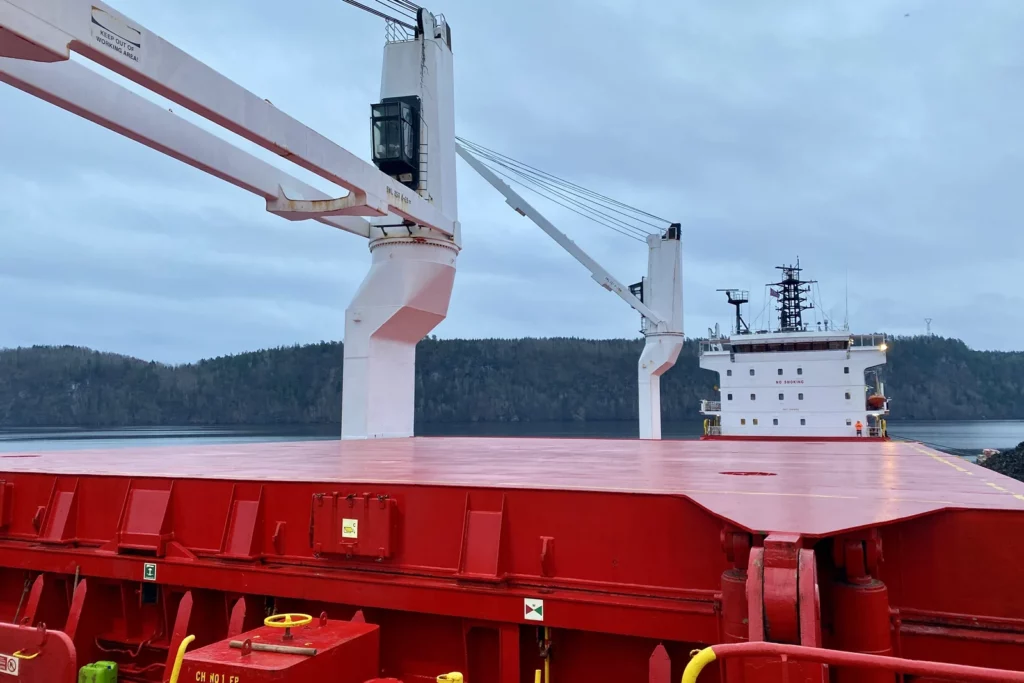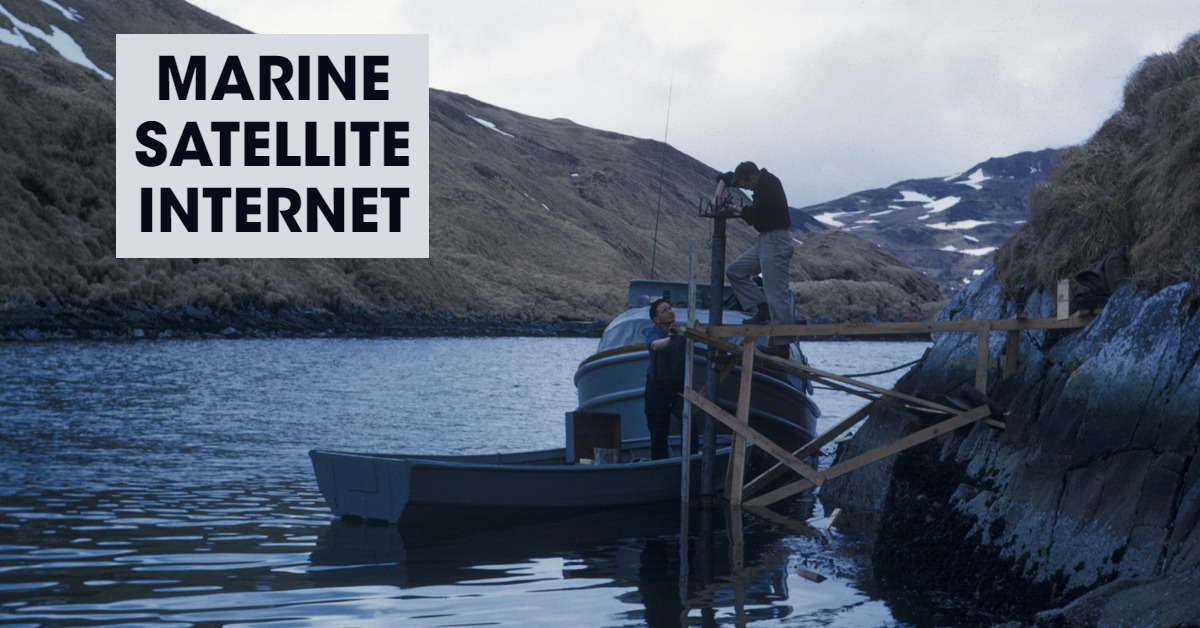Port State Control (PSC) refers to the inspections and regulations that port states employ on foreign ships entering their own ports to ensure safe shipping and prevent ship-caused pollution. Port States have the authority to detain a ship until any deficiencies that could jeopardize the safety or create maritime environmental damage are addressed to assure safety and limit pollution concerns.
Ship detention is the process of keeping a ship at a port for an extended period of time, usually due to safety concerns. Ships that are detained are typically not allowed to leave until the safety concerns have been addressed.
The shipping industry is vital to global commerce and its huge impact on the world economy can’t be overstated. One of the most important aspects of shipping is ship detention, a process that is designed to ensure the safety and well-being of the crew and vessels in question.
In this blog post, we’ll take a deep dive into what ship detention is and why it’s so important to the international shipping industry. We’ll explore various aspects of the process, including what the regulations currently are.
What is Ship Detention?
Ship detention is a situation where a vessel is prevented from leaving port because of failure to meet port and international standards of safety, sanitation, general condition, and waste management. It has become increasingly common in the maritime industry nowadays as countries have begun to impose stricter regulations on ships entering their ports
A ship can be prevented from sailing out of port (detained) whenever an inspector deems any of the detainable deficiencies under any of the five “Maritime Industry Pillar Conventions” exists on board.
The following is a table indicating some of the detainable deficiencies under the various Pillar Conventions:
| SOLAS | LOADLINE | MARPOL | STCW | MLC |
| Absence, non-compliance of the poor condition of navigational lights, shapes, and sounds signals | Insufficient stability or ability to calculate stability conditions | Absence or poor condition or failure of OWS, ODMCS, and alarms | Lack of or insufficient crew member certificates/endorsements | Insufficient food and potable water for the next voyage |
| Absence of non-compliance or poor condition of LSA equipment, fire dampers, ventilation dampers, quick closing valves, etc | Significant areas of damage/corrosion/pitting of deck and hull affecting seaworthiness | Remaining capacity of slop tanks/sludge tanks insufficient for the intended voyage | Remaining capacity of slop tanks/sludge tanks is insufficient for the intended voyage | Excessively unsanitary conditions on board |
| Absence or failure of radio communications systems | Absence of poor condition of hull closing devices such as hatch covers and watertight doors | No oil record book | The competency of crew members is not adequate for the duties assigned for the safety and security of the ship and the prevention of pollution | No heating in accommodations if the ship operated in low temperatures |
| Number, composition, or certification of the crew not corresponding to safe manning certificates | Insufficient rested watchkeepers for the first and relieving watch duties at the commencement of the voyage | Excessive garbage blocked passageways |
Put simply, ship detention occurs when a vessel fails to satisfy certain requirements imposed by local or maritime authorities at the time of entry into a harbor or port.
Depending on the country’s laws and regulations governing vessels within its waters, these can range from health and safety regulations related to crew members onboard, environmental regulations such as oil discharge pollution prevention, and operational conditions such as having navigation equipment up-to-date.
Others could also be labor issues regarding wages owed to crew members; customs documentation problems etc In some cases this can also occur due to violations concerning national security protocols for sensitive cargo declarations during movement across territorial waters.
When any of these criteria are not met then the relevant government agency will detain (sometimes referred to as arresting that particular vessel until satisfactory compliance is achieved with all applicable rules and regulations.

Detention of a ship is a serious matter and has financial consequences for the ship owner, charterer, and operator. If a ship is detained, it is usually not able to leave until the safety concerns have been addressed. This can often cause delays in the ship’s schedule, which can be detrimental to the company operating the ship.
Depending on the severity of the issues, a ship may be detained for a few days or for several months and may not be allowed to leave the port until the issues are resolved.
What is the Procedure for a Ship Detention?
The procedure for ship detention is standardized globally under IMO guidelines The master of the vessel will receive written notice from the Port State Control (PSC) detailing reasons why they believe that the vessel should be detained.
This may include evidence of deficiency or irregularity found during inspection aboard the ship If a PSC committee decides there are sufficient grounds for detention, then a draft letter containing details about any irregularities as well as what amount needs to be paid in order to release the detained vessel can be issued.

Common Causes and Reasons for Ship Detention
Detention is a last resort and is only used when the port State has exhausted all other options, such as persuading the ship’s flag State or the company that owns the ship to act.
There are several potential causes for detainment including violations regarding human rights at sea, inadequacies around anti-pollution equipment onboard ships, and discrepancies between crew documentation and actual conditions encountered on board the vessels
Other common issues which could lead to ship detentions include expired safety certificates; insufficient maintenance records; lack of correct firefighting equipment; issues related to crew competency or illegal cargo movement without appropriate documents being presented upon arrival at port
Undoubtedly one of the main reasons why ships end up being detained include inadequate manning levels aboard (ie, insufficient and incorrect skills for the safe operation of the vessel)
Aside from this factor, there may also exist several technical deficiencies that might require urgent repair work including problems related to navigation equipment failure, life-saving appliances malfunctioning; pollution control measures disregarded, emergency firefighting plans not being available; watertight integrity infringed upon (the hull has holes, etc).
Potential Consequences of Ship Detention
When a ship is detained during an inspection process, it stands to lose time and money if necessary repairs are not conducted fast enough. It also means additional costs associated with food supplies and wages for crew members while docked at the port awaiting service attention – all before the actual detention fines are paid off.
Delayed cargo deliveries can rack up further losses since clients often expect goods to arrive within specific timescales and delays could cause financial loss both now and in future dealings with them
Furthermore, there exists reputational damage amongst business associates caused by news about ship detentions which can result in long-term damage to reputation unless handled adequately post-inspection results disclosure
The principals involved when dealing with detained vessels face significant financial costs due to their inability to operate normally while waiting for their situation to resolve itself after being subjected to inspection procedures; these stem from potential lost revenue opportunities (depending upon trade, route, duration plus additional bills incurred covering dock facilities fees along port travel expenses, etc.
On top of this, there’s always the possibility of meeting legal charges brought against them by way of violating existing agreements between parties concerned if the former fails to act in accordance with current marine guidelines & regulations laid down by the International Maritime Organization (IMO
Conclusion.
Fortunately, ship detentions can be avoided if shipowners and operators can ensure personnel assigned duties possess appropriate qualifications and can manage resources responsibly whilst implementing strict administrative routines that help prevent any potential mishaps from occurring If preventive actions are taken correctly shipping businesses will remain unaffected.
Ship detention is a serious problem that can negatively impact a ship’s reputation and finances We have discussed the most common reasons for ship detention, explored the detailed procedure behind detaining ships and discussed the consequences of ship detention.
It is important to remember that any negligence or errors in compliance can lead to a ship being detained and so it is important for all ships operating in international waters to stay up to date with their regulations By taking these steps, you can ensure that your vessel remains safe and compliant with industry standards
- Sustainable and Luxurious: Discovering Split’s Yachting Paradise – April 26, 2024
- MarineTraffic vs VesselFinder: Which Is Better Vessel Tracking Service? – February 14, 2024
- Port Costs: A Comprehensive Guide to Port Dues and Fees for Cargo Ships – February 12, 2024





Leave a Reply